Could this corruption scandal signal the end of the EU?

Opponents of the European project will hope that the whole building will collapse under the weight of its own hubris. Europhiles hope the EU gets its act together and finally sets effective rules for lobbying. Brexiteers, of course, nod in satisfaction at the crisis crippling an organization they used to think was rotten to the core.
For some, it’s the probe’s sheer scale that came as a shock. For others, it is the blatant nature of the alleged bribe that is so breathtaking. But the truth is that few people with experience in Brussels politics are surprised by the idea that corruption exists.
“There is nothing new here and nothing is going to change,” says Nigel Farage, who spent years trying to denounce misconduct by his colleagues before reaching his goal of getting Britain out of the EU.
The question of how it happened is easy to answer: an outrageous failure of the European Parliament to install checks and balances against lobbyists who try to bribe MEPs. As for why it happened, there is widespread acceptance that the European Parliament has built a reputation as a place where cash bribes can be and will be accepted. Much more difficult to predict is the long-term effect of the scandal on the EU and its structures.
Annalena Baerbock, Germany’s foreign minister, said the crisis has put the EU’s “credibility” and legitimacy at stake and called for meaningful reforms. There are still few signs that the scandal is whetting other member states’ appetites to follow Britain and disengage, but the investigation by an anti-corruption unit of the Belgian police is far from over and it is impossible to to know where it will end.
The phrase “tip of the iceberg” comes up repeatedly in conversations with those who have an in-depth knowledge of Brussels, or corruption investigations, or both. Michiel van Hulten, director of Transparency International EU, blames a “culture of impunity” with which he has been familiar since his own days as an MEP in the 1990s.
“I’m pretty sure we’ll see more names associated with this scandal,” he says. “I also think it will lead to the detection of other cases of undue influence and corruption. Because this is not limited to Qatar. There are other cases where there is a suspicion of undue influence or bribery.”
Van Hulten’s organization received an anonymous email tip last year claiming that MEPs were being bribed. Some of the names in the email – which has been passed on to police – are now linked to the Qatar investigation, but Van Hulten says: “There were seven names on the list, including names that have not yet been published. . That’s why I say I don’t think these are isolated incidents.”
Vincent van Quickenborne, Belgium’s Minister of Justice, has described the investigation as a “game changer”, but the question for Brussels and its opaque institutions is whether it can really empty the Augias stables, or just a collective shrug and eyes looking out. other way.
Brussels has long had a reputation as one of the world’s largest justice trains, with MEPs paid a flat fee of £293 for each day they are in Brussels or Strasbourg to cover meals and accommodation, on top of their £100,000 salary , and £4,157 per annum for travel and residence outside their home country.
Like almost every parliament, it has had its fair share of corruption, ranging from misuse of spending and nepotism to a “cash for amendments” scandal a decade ago, but the scope and nature of “Qatargate” is unprecedented.
It might never have been discovered had it not been for the accidental discovery by spies working for the Belgian secret service. Suspecting foreign interference in EU institutions, they launched an investigation more than a year ago, which led them to the home of Pier Antonio Panzeri, 67, an Italian former MEP. Officers broke into his home in July and discovered €600,000 (£523,000) in his home, but as they are not allowed to investigate MPs, they left it, covered up all traces of the break-in and tipped off Belgian police. Central Anti-Corruption Office.

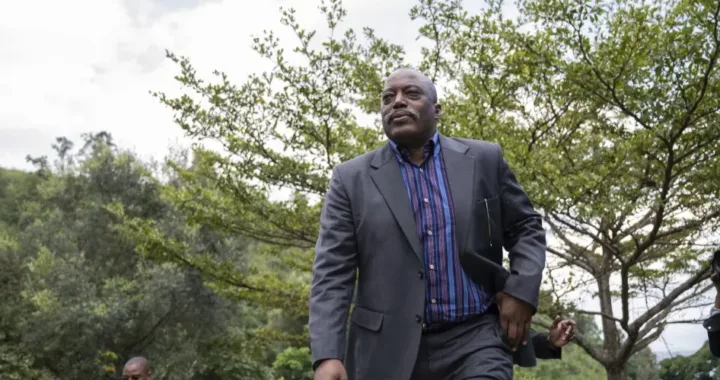 Badinter, Kabila, Tshisekedi : la justice n’est pas la vengeance
Badinter, Kabila, Tshisekedi : la justice n’est pas la vengeance 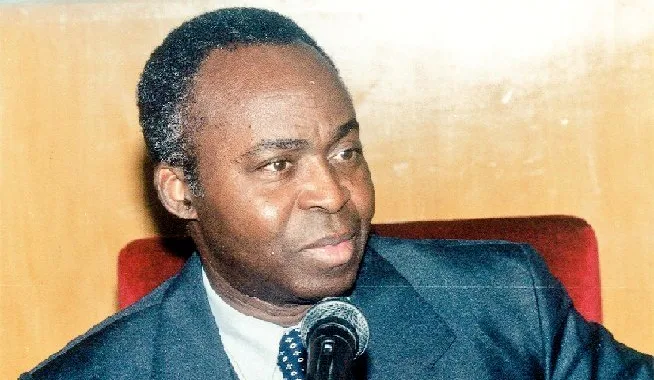 Dominique Sakombi Inongo, quinze ans déjà : héritage vivant, avenir commun
Dominique Sakombi Inongo, quinze ans déjà : héritage vivant, avenir commun 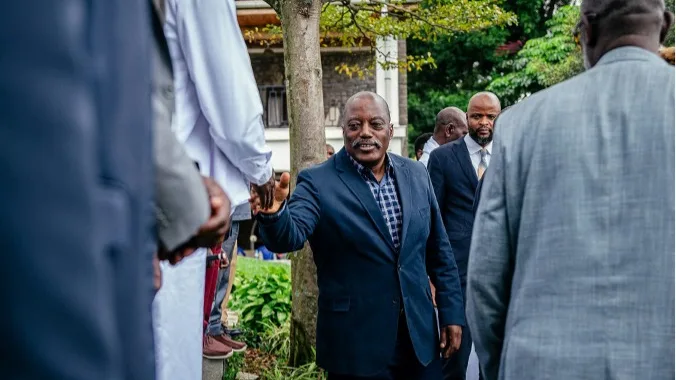 En RDC, Joseph Kabila met Félix Tshisekedi en garde : « Tôt ou tard, la supercherie sera évidente pour tous »
En RDC, Joseph Kabila met Félix Tshisekedi en garde : « Tôt ou tard, la supercherie sera évidente pour tous » 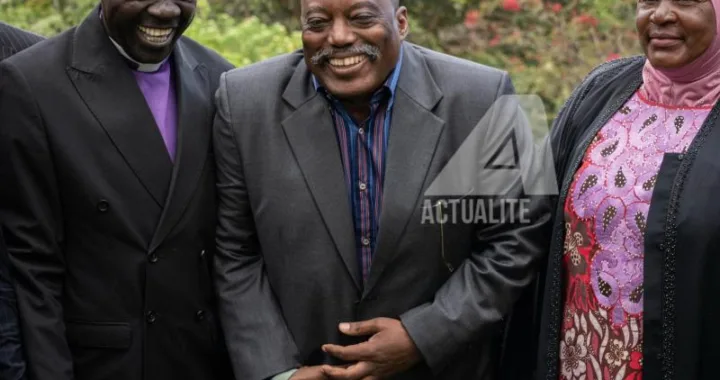 RDC : l’opposition se dresse contre la peine de mort requise contre Joseph Kabila
RDC : l’opposition se dresse contre la peine de mort requise contre Joseph Kabila 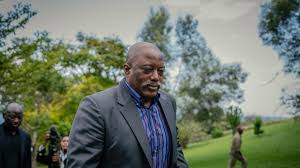 Supporters of ex-DRC President Kabila denounce proposed death penalty as ‘sham’
Supporters of ex-DRC President Kabila denounce proposed death penalty as ‘sham’